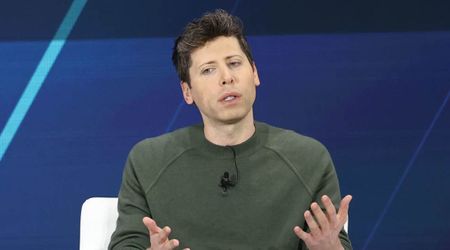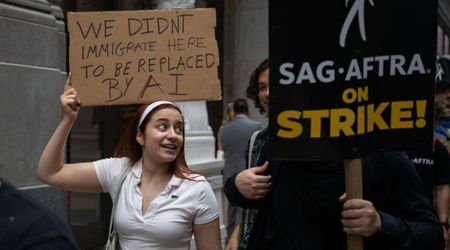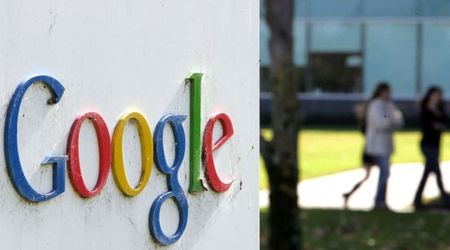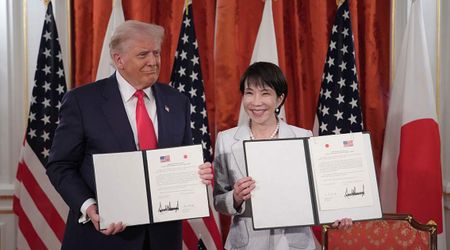Digital Communication was Meant to Boost Teamwork, But it Seems to Have Backfired

Chat groups, email, and online collaboration platforms were meant to make communication more effective so that teams could work well together. But it turns out that too much interaction online between colleagues as well as managers and employees, is backfiring. According to a recent poll of 4,000 workers, digital communication tools frequently lead to conflict at work, especially amongst various age groups. The research highlights how crucial it is to set specific rules for digital communication in order to make teamwork productive. In addition to highlighting instances of intergenerational harmony and collaboration, the poll also identifies conflicting areas.

Navigating intergenerational dynamics
According to Dr. Filby, "Every age group has experienced technological advancements, from older technologies like the gramophone and telephone to modern innovations like Alexa. However, it's natural for each generation to struggle with new technologies that may seem unfamiliar. For example, we're seeing the younger Gen Alpha effortlessly incorporate tools like ChatGPT into their routines, which can make older generations feel out of touch."
Challenges of digital collaboration
About 90% of teams report having disagreements over digital technologies, and roughly 60% of them admit that these conflicts make it difficult for them to collaborate effectively. Misunderstandings resulting from digital communication are common; 43% of respondents cite misinterpreting tone or context, 33% have trouble with response times, and another 33% have trouble with digital expressions like emojis.
Generation gaps
The disparity in digital literacy between generations is also apparent. While half of professionals over 50 find it annoying that younger coworkers still rely on conventional tools like pencils, 53% of Gen Z find it admirable that older colleagues are more comfortable using phones. Furthermore, 47% of Gen Z believe that older workers use outdated techniques that impede procedures, while 65 percent of seniors struggle with technology.

Digital toolsets
The number of digital tools available keeps growing; only 7% of respondents said their toolkit had shrunk. More technologies are being adopted by Gen Z (57%) and older workers (40%) alike, indicating a general rise in participation. Still, this spike could be a sign of increased creativity or an overabundance of superfluous instruments. Still, 70% of workers of all ages choose email as their primary use, demonstrating its continued usefulness.
Impact of AI
Since over a quarter (24%) of all professionals use artificial intelligence (AI as their primary tool, it attracts a lot of attention. At 32%, Gen Z leads the way in the adoption of AI, while 12% of those over 50 are increasingly utilizing ChatGPT and Claude, among other AI platforms. Despite its increasing appeal, there are worries regarding AI widening generational gaps, with 67% expressing worry. Additionally, 70% believe AI might accelerate Gen Z's dominance in the workplace.

Issues arising from ageist approach
Despite the widespread misconceptions that characterize boomers as "bossy" and millennials as "lazy," all employees want to be treated like unique people. More than 80% of people reject these preconceived notions and think that workplaces shouldn't promote generational designations, while 56% of respondents favor generational diversity and believe it might boost creativity and productivity by 60%.





















